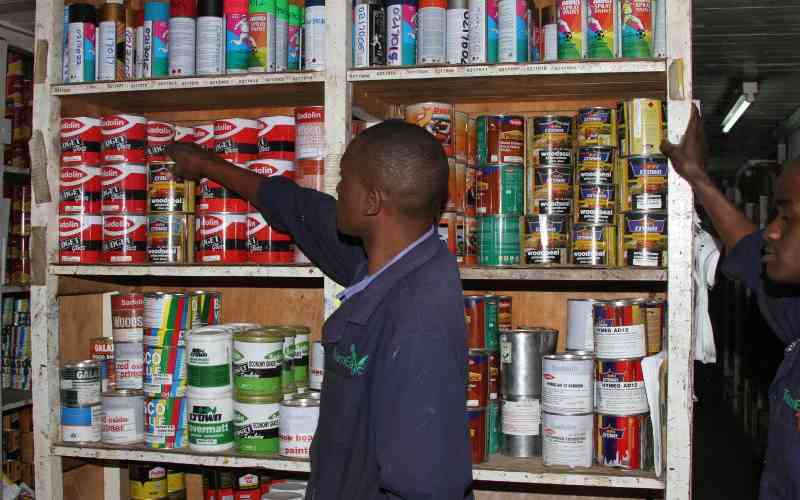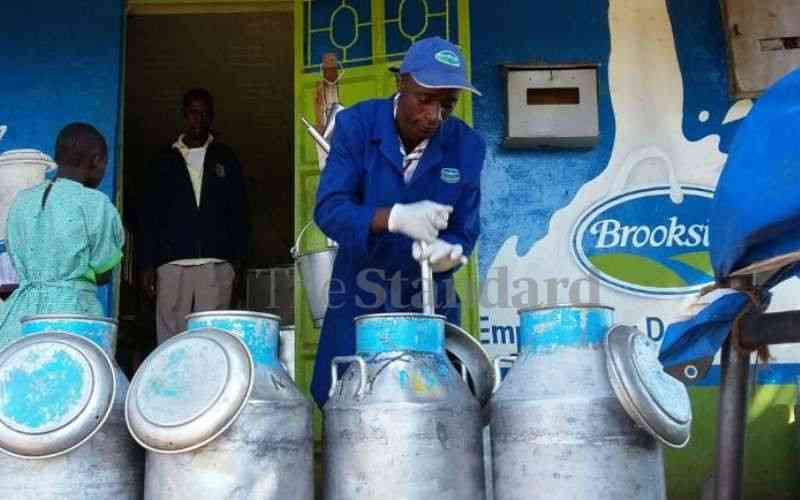
Kenya is grappling with a severe malnutrition crisis. This isn’t just a matter of hunger; it’s a complex issue known as the "triple burden of malnutrition," where undernutrition, over nutrition, and micronutrient deficiencies coexist, affecting millions nationwide.
An estimated 23 million Kenyans are undernourished, the Kenya Demographic Health Survey (2022) revealed that 18 per cent of children under age 5 years are stunted, 5 per cent are wasted, and 10 per cent are underweight. The survey also found rates of obesity that were equally alarming—with 17 per cent of women and 4 per cent of men affected. These figures are far above global health targets, indicating that we still have a long way to go.
In addition, micronutrient deficiencies, particularly in zinc and iron, are widespread, contributing to conditions like anaemia, which affects 42 per cent of Kenyan pregnant women. The growing prevalence of non-communicable diseases linked to unhealthy diets—such as diabetes, hypertension, stroke, and cancer—further strains our already overburdened healthcare system.
At the heart of this crisis is Kenya’s fragmented food system, which struggles with production challenges, inefficient supply chains, and the devastating impacts of climate change. A recent FAO report highlights how the export of nutrient-rich foods reduces local access to healthy diets, while the potential of indigenous vegetables and aquaculture to improve nutrition remains untapped due to a lack of investment and policy support.
These systemic challenges in food production and distribution are compounded by shifting dietary patterns in Kenya’s growing urban middle class, which has seen a shift towards more unhealthy, westernised dietary patterns. The arrival of major fast-food chains in the 2010’s and the surge of food delivery apps a decade later have made it easier than ever to access cheap, unhealthy, ultra-processed foods. Meanwhile, many of our nutrient-rich, traditional foods are being exported, depriving Kenyans of the diversity and quality of diet they once had.
On top of that, we face rising food prices driven by global economic conditions and are only just recovering following one of the worst droughts in 40 years. The result is that millions of Kenyans, especially those in vulnerable communities, struggle to access nutritious food.
The impact of this nutrition crisis on Kenya is profound, contributing to stunted growth, chronic diseases, even spilling over onto higher education costs due to class repetition and absenteeism, and a drag on our economic productivity overall. A 2019 study, 'The cost of hunger in Africa', estimated that child malnutrition alone cost the country Sh373.9 billion, or 6.9 per cent of GDP, in 2014.
It is clear that our food systems need urgent transformation if we are to reverse these trends. The way we produce, process, distribute, and consume food must change. This is not something that one entity can solve alone—it will take collaboration between the government, the private sector, and civil society to make sustainable changes that benefit all Kenyans.
This is where the DISH Competition comes in. ‘DISH’ which stands for ‘Dietary Shifts’ is an innovative competition by GAIN, EAT, FOLU, and Nutrition Connect, being held across Kenya, that is designed to inspire creative, locally-driven solutions, to improve Kenya’s food systems overall and encourage healthier eating habits.
Ms Okowa is Country Director, Global Alliance for Improved Nutrition, Kenya






